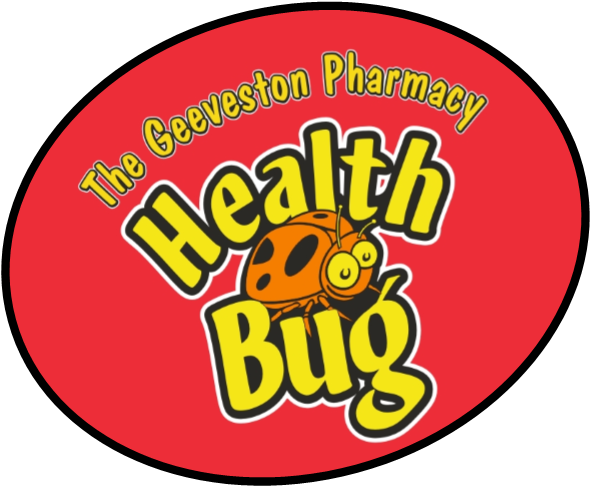 Often, I get asked what can be done to help reduce the risk of heart disease.
Often, I get asked what can be done to help reduce the risk of heart disease.
It all does sound a bit boring but it all comes down to a number of things that health care professionals and the media mention frequently.
Heart disease is a leading cause of death worldwide.
Fortunately, many of the risk factors associated with this condition can be managed or prevented.
Here are some key steps you can take to reduce your risk of heart disease:
- Eat a healthy diet: A balanced diet can help reduce your risk of heart disease. Focus on consuming plenty of fruits, vegetables, whole grains, lean proteins, and healthy fats. Limit your intake of saturated and trans fats, as well as added sugars and salt.
- Exercise regularly: Regular physical activity can help strengthen your heart and improve circulation. Aim for at least 150 minutes of moderate-intensity exercise or 75 minutes of vigorous-intensity exercise per week. Additionally, try to incorporate strength training exercises at least twice a week.
- Manage your weight: Being overweight or obese can increase your risk of heart disease. Aim to maintain a healthy weight by following a healthy diet and engaging in regular exercise.
- Quit smoking: Smoking damages your blood vessels and increases your risk of heart disease. If you smoke, quitting is the best thing you can do for your heart health.
- Manage your stress: Chronic stress can have negative effects on your heart health. Find healthy ways to manage your stress, such as meditation, yoga, or talking with a mental health professional.
- Monitor your blood pressure and cholesterol levels: High blood pressure and high cholesterol are major risk factors for heart disease. Work with your healthcare provider to monitor these levels and take steps to manage them if necessary.
- Limit alcohol intake: Drinking too much alcohol can increase your blood pressure and contribute to heart disease. Limit your alcohol intake to one drink per day for women and two drinks per day for men. By following these steps, you can reduce your risk of heart disease and improve your overall health and well-being.
Remember, it’s never too early or too late to start making positive changes to protect your heart.


